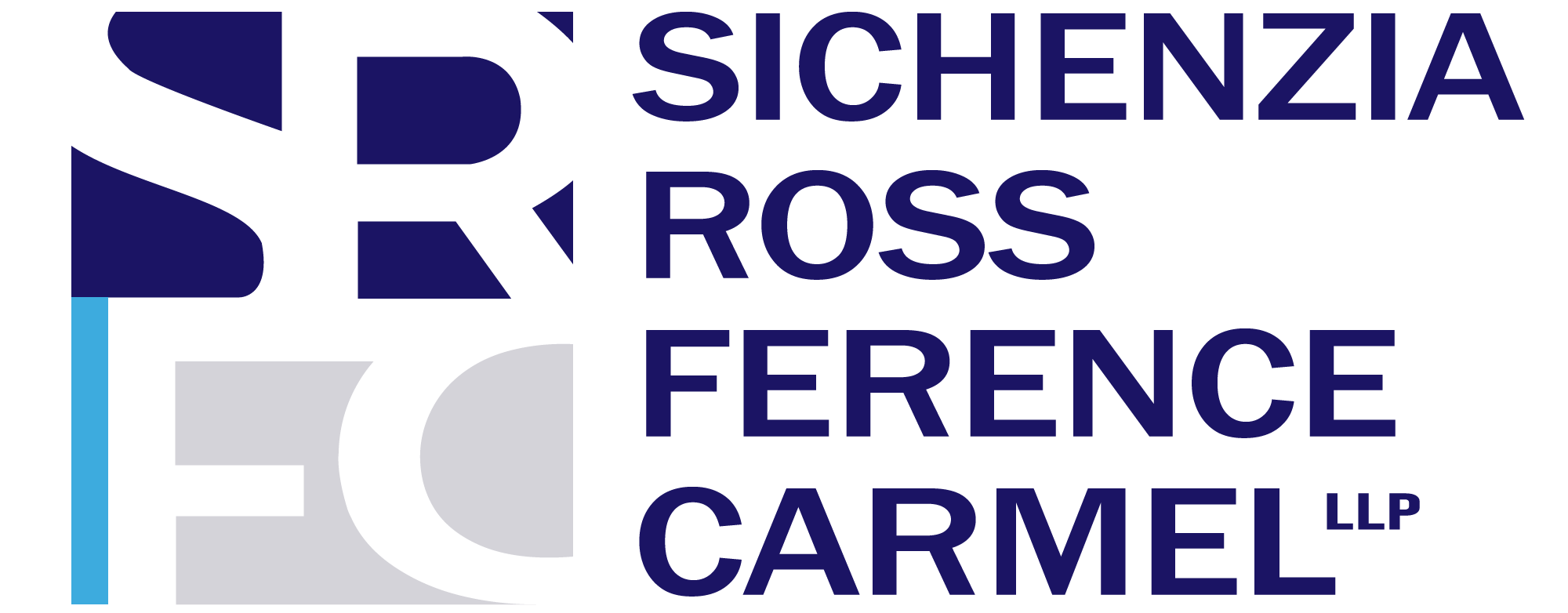Sichenzia Ross Ference LLP is aware of a growing trend in the law – the pursuit of Web Accessibility Litigation. This type of litigation involves lawsuits alleging that a business’ website denies access to consumers with disability (such as blindness or deafness), in violation of the American with Disabilities Act (“ADA”) or similar local statutes.
In 2018, the number of federally-filed lawsuits of this nature skyrocketed to 2,285, up from 815 in the year prior, and in 2019, Web Accessibility lawsuits increased 51.% over the prior year’s comparable six-month period.
Recent cases have held that websites are places of public accommodation within the meaning of the ADA, meaning that the Plaintiff’s Bar has free rein to pursue these types of lawsuits against virtually any business with a website, and indeed it has.
Compounding the threat of these cases is the fact that there is currently no legislation that directly sets out the technical requirements for website accessibility. As a result, confronted with these cases, courts typically look to the Web Content Accessibility Guidelines (WCAG), first developed by the World Wide Web Consortium (W3C) in 1999, for guidance. In fact, in 2017, federal courts in Florida and New York held that business websites failing to meet WCAG guidelines can violate Title III of the ADA.
These cases often have little to no merit. Plaintiff’s attorneys are known to weaponize these lawsuits by bringing frivolous suits on behalf of alleged “consumers” of those websites, when, in fact, those attorneys or their clients simply troll the web looking for unsuspecting businesses with websites that potentially violate the ADA or local laws.
Unfortunately, the impact of these lawsuits on businesses are real. Faced with litigation or the threat of litigation, businesses are faced with the Hobson’s choice of either expending resources to defend, or settling for cost-of-defense. Even if the businesses have since updated their websites to comply with WCAG and have a basis to dismiss these lawsuits as moot, plaintiffs can leverage the specter of motion practice and other defense costs as a “ransom” to force these businesses into settling for at least a nominal sum.
Accordingly, businesses should retain expert help in ensuring that their websites conform with the latest version of the WCAG, and continue to update their websites, so as to mitigate their exposure to Web Accessibility lawsuits.
[starbox id=1]

